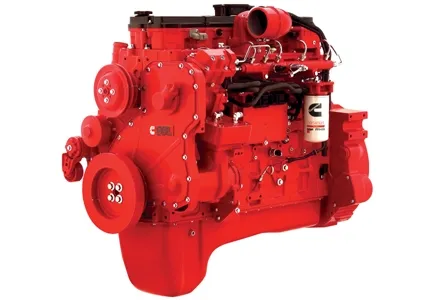Research shows that keep batteries within optimum operating temperatures will increase the range of electric vehicles. It is widely known that batteries perform less well in cold weather but is often overlooked that overheating will also cause problems. For batteries to provide a long service life, overheating has to be prevented and temperatures kept within the optimum operating range of 20-35°C.
August 8, 2012
Read time: 2 mins
Research shows that keep batteries within optimum operating temperatures will increase the range of electric vehicles. It is widely known that batteries perform less well in cold weather but is often overlooked that overheating will also cause problems. For batteries to provide a long service life, overheating has to be prevented and temperatures kept within the optimum operating range of 20-35°C. But driving in hot ambient conditions can push a battery temperature outside the optimum range and this can cause serious damage. Operating a battery at 45°C instead of 35°C will halve its service life.
As a new battery can cost half the price of an electric vehicle, it is clear that cooling may be essential for reliable hot weather operation. But conventional cooling systems are not yet adequate in many instances. Air-cooled batteries may not have sufficient cooling potential for hot weather use, while effective liquid-cooling technology is still under development. A special coolant that comprises water and paraffin, along with stabilising tensides and a small percentage of antifreeze may offer more efficient cooling. However, testing has still to be completed by researchers in Germany.
As a new battery can cost half the price of an electric vehicle, it is clear that cooling may be essential for reliable hot weather operation. But conventional cooling systems are not yet adequate in many instances. Air-cooled batteries may not have sufficient cooling potential for hot weather use, while effective liquid-cooling technology is still under development. A special coolant that comprises water and paraffin, along with stabilising tensides and a small percentage of antifreeze may offer more efficient cooling. However, testing has still to be completed by researchers in Germany.









